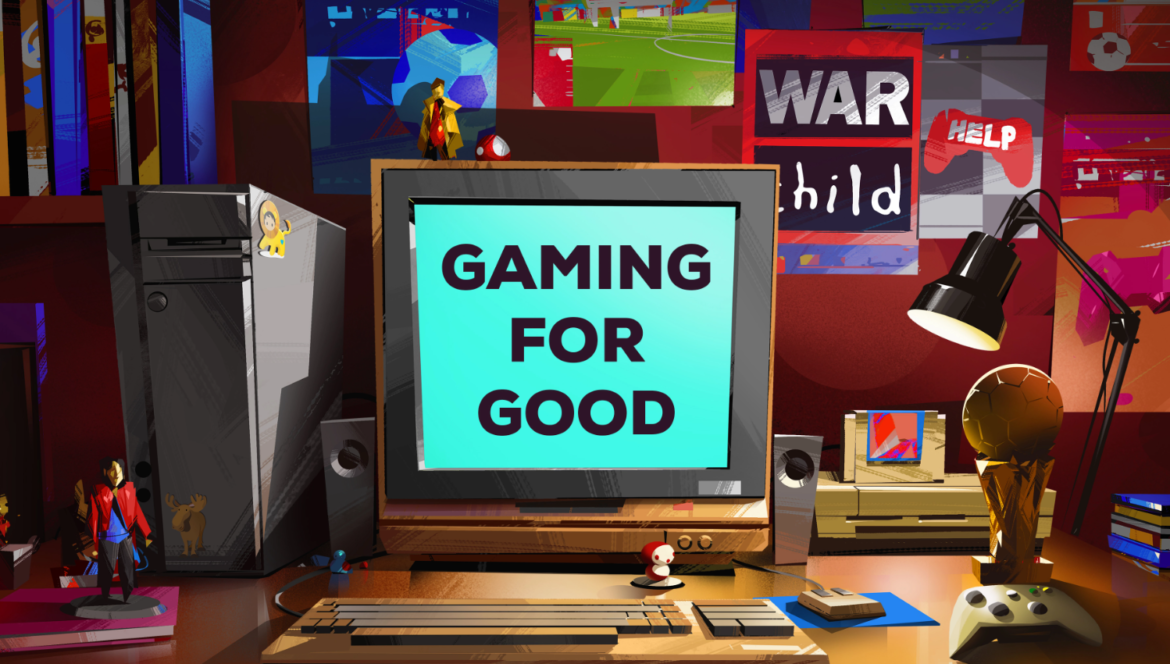Crowdfunding has become a popular method for game developers to raise funds for their projects. However, traditional crowdfunding has its limitations, and many campaigns have failed to deliver on their promises.
That’s where blockchain comes into play. Blockchain is revolutionizing the fundraising process, offering game developers a secure and efficient way to raise funds.
Lets dive deep into how blockchain is changing the game for fundraising, exploring its advantages, how it works, and the best practices for game developers looking to leverage blockchain for their projects.
The Limitations of Traditional Crowdfunding
Traditional crowdfunding has its limitations. The biggest disadvantage is that it lacks transparency. Donors have no guarantee that their funds will be used as advertised or that the final product will meet their expectations.
Moreover, it only supports fixed funding, which means that if the campaign doesn’t reach its target, donors get their money back. This can be disastrous for game development projects where a small amount of money can make a huge difference.
Examples of Failed Crowdfunded Games:
Numerous high-profile games over the years have run a crowdfunding campaign, only to fail.
Notable examples include the Mighty No. 9, a spiritual successor to Megaman, with over 70,000 backers, but ultimately failed to deliver on its promises, and the now-infamous Star Citizen, which had raised over $300 million as of 2021, but still has no release date in sight. This demonstrates the inherent risks and flaws of traditional crowdfunding mechanisms.
The Advantages of Blockchain-based Fundraising
Blockchain offers game developers a new way of fundraising. It provides much-needed transparency and security. Funds are managed by smart contracts that ensure the correct use of funds, and instant payouts for the developer when a milestone of the project is completed.
Moreover, the use of cryptocurrencies eliminates the need for intermediaries who charge high fees. Blockchain also supports flexible funding that allows game developers to receive funds even if they don’t reach their target. This technology is secure and tamper-proof, protecting against fraud, theft, and other forms of malicious activity, ensuring that funds are protected.
By leveraging the benefits of cryptocurrency, blockchain-based fundraising methods can help track and trace donations with complete transparency, enabling more efficient allocation of funds.
This is a game-changer for game development projects, as it allows for greater flexibility and reduced risk.
Examples of Successful Blockchain-based Fundraising Campaigns:
Blockchain-based fundraising campaigns have already demonstrated their potential. For example, the game The Sandbox raised over $3.1 million through its initial coin offering (ICO), a new form of fundraising wherein blockchain-based tokens replace traditional securities. Another example is Gods Unchained, which raised $15 million through their auction-based token sale, another variation of ICOs. These campaigns demonstrate the strength of blockchain-based fundraising, with their unique mechanisms, transparency, and efficiency.
How Blockchain Works in Fundraising
Blockchain-based fundraising relies on the use of smart contracts and cryptocurrencies. Smart contracts are digital self-executing contracts that specify the terms of the fundraising campaign.
Here is a simple process on how blockchain works in fundraising:
Creation of Smart Contract:
A smart contract is a self-executing contract that allows for transparent and secure transactions. In fundraising, a smart contract is created to define the terms of the fundraising, including the target amount, the deadline, and the allocation of funds.
Issuance of Tokens:
Tokens are digital assets that represent a unit of value in a specific project or organization. In fundraising, tokens are issued to investors who contribute to the project. These tokens can be traded or exchanged on blockchain-based platforms.
Verification of Transactions:
All transactions involving the issuance and transfer of tokens are recorded on a decentralized ledger, which is verified by a network of computers using complex algorithms. This verification process ensures that transactions are secure and transparent.
Collection and Allocation of Funds:
Once the target amount is reached, the funds are automatically transferred to the project owner’s account. The smart contract also ensures that the funds are allocated according to the terms of the contract.
Monitoring and Reporting:
The use of blockchain technology provides real-time monitoring of transactions and funds, allowing stakeholders to track the progress of the project and ensure transparency.
Overall, the use of blockchain technology in fundraising provides a secure, transparent, and efficient platform for raising and allocating funds, which has the potential to transform the fundraising landscape. The most popular cryptocurrencies used in fundraising are Ethereum, NEO, and EOS.
Best Practices for Blockchain-based Fundraising in Gaming
Game developers looking to leverage blockchain for their projects should follow some best practices.
They should have:
- A well-defined business model
- Project transparency
- Have a clear roadmap
- Regular updates to their community and offer incentives for early adopters, such as crypto-collectibles.
Case Studies
Several successful blockchain-based fundraising campaigns exist in gaming. For example, the aforementioned Gods Unchained and The Sandbox. Similarly, other blockchain-based gaming projects like Decentraland and CryptoKitties have demonstrated the power of the blockchain in gaming.
These projects have leveraged blockchain technology to create unique and engaging gaming experiences for their fans.
Challenges to Adoption
Although blockchain-based fundraising presents unique benefits, it’s not without challenges.
Blockchain is still in its early stages, and there is a lack of widespread awareness and understanding among the general public.
Additionally, there are regulatory hurdles, and it can be difficult to integrate blockchain into existing game development frameworks.
However, as more and more blockchain-powered games come to market and prove to be successful, these challenges are slowly being overcome.
In conclusion, blockchain-based fundraising presents a significant opportunity for game developers to raise funds and create exciting projects for their fans. Traditional crowdfunding has its limitations, and blockchain has the potential to change the fundraising game entirely.
We are already seeing examples of successful blockchain-based fundraising campaigns, and we can expect to see more in the near future. Game developers looking to leverage blockchain for their projects should be aware of the unique benefits and follow best practices to ensure the success of their campaigns. With blockchain technology, game development is set to take on a new level of transparency, efficiency, and security.

